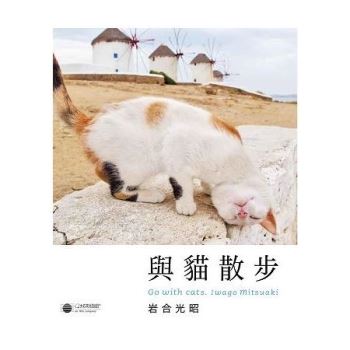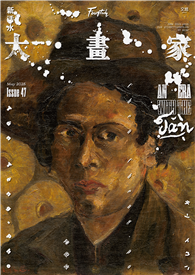This volume, “Correspondence Between Mr. Webster and Lord Ashburton ... on McLeod’s Case ... on the Creole Case ... on the Subject of Impressment, Volume 3, †presents a detailed record of diplomatic exchanges between the United States and Great Britain during a crucial period in their relationship. The correspondence, primarily between U.S. Secretary of State Daniel Webster and British diplomat Lord Ashburton, addresses several contentious issues that threatened to destabilize the peace between the two nations. These include the McLeod case, involving the trial of a British subject for his role in the destruction of the American vessel Caroline; the Creole case, concerning a slave revolt aboard an American ship that sought refuge in the Bahamas; and the long-standing practice of impressment, whereby the British Royal Navy forcibly conscripted sailors from American ships.
This historical record offers invaluable insights into the complexities of 19th-century international relations, the challenges of maintaining neutrality, and the evolving legal principles governing maritime affairs. The carefully preserved correspondence reveals the nuances of diplomatic negotiation and the strategies employed to resolve conflicts peacefully. It remains an essential resource for scholars and anyone interested in the history of Anglo-American relations and international law.
This work has been selected by scholars as being culturally important, and is part of the knowledge base of civilization as we know it. This work was reproduced from the original artifact, and remains as true to the original work as possible. Therefore, you will see the original copyright references, library stamps (as most of these works have been housed in our most important libraries around the world), and other notations in the work.
This work is in the public domain in the United States of America, and possibly other nations. Within the United States, you may freely copy and distribute this work, as no entity (individual or corporate) has a copyright on the body of the work.
As a reproduction of a historical artifact, this work may contain missing or blurred pages, poor pictures, errant marks, etc. Scholars believe, and we concur, that this work is important enough to be preserved, reproduced, and made generally available to the public. We appreciate your support of the preservation process, and thank you for being an important part of keeping this knowledge alive and relevant.











